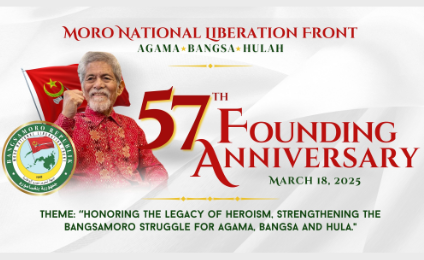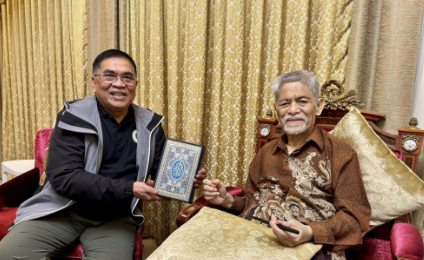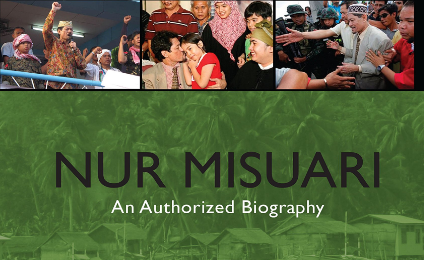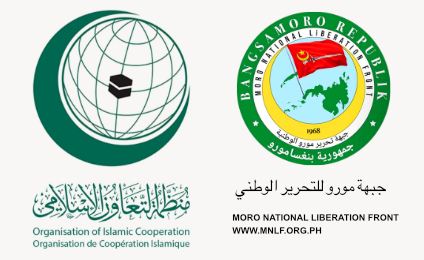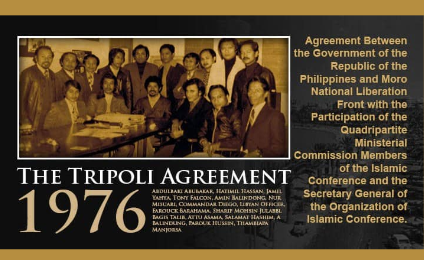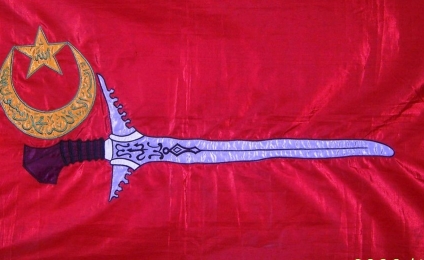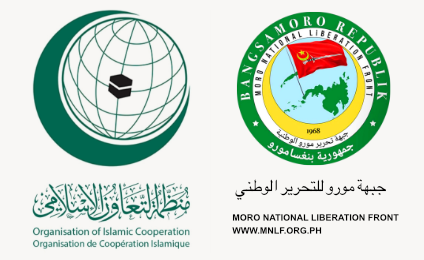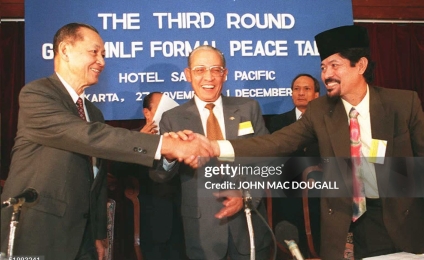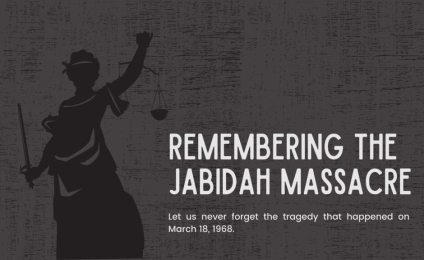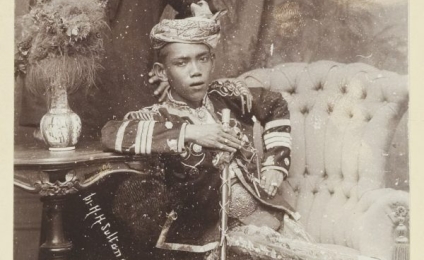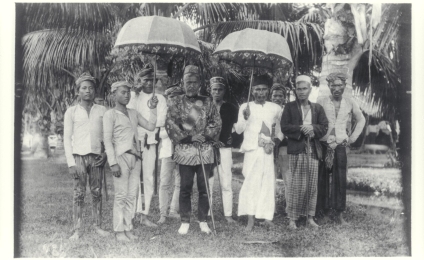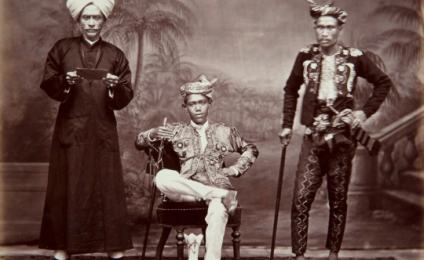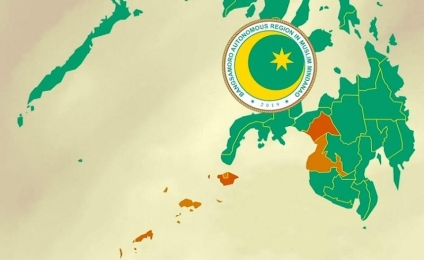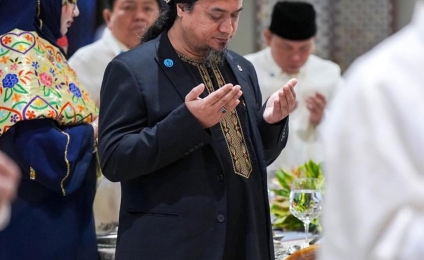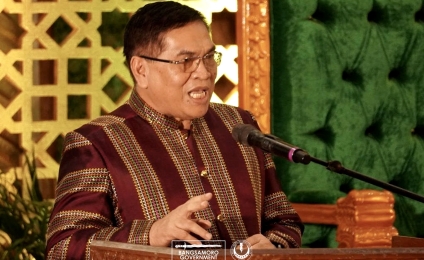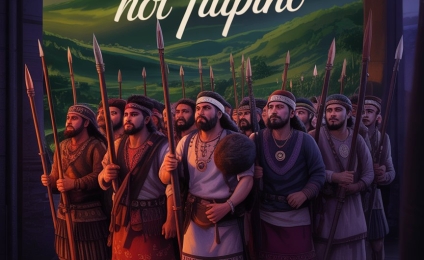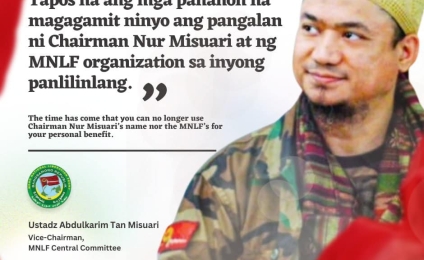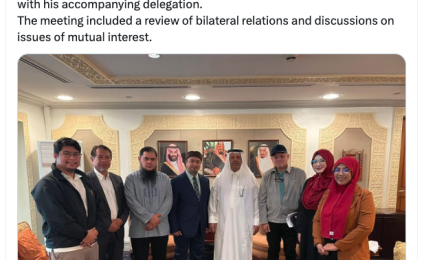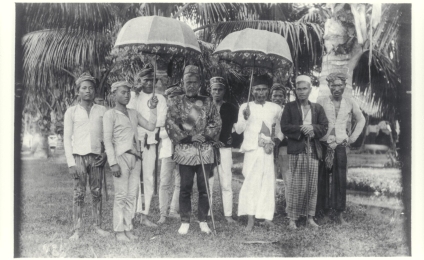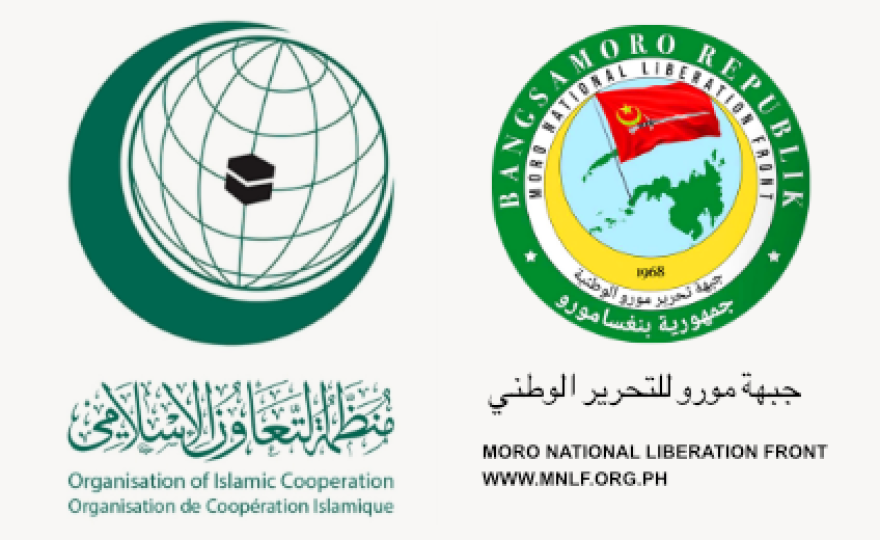|
|
Relationship Between MNLF, OIC and PUIC
The Moro National Liberation Front (MNLF) is a political organization in the Philippines that has sought autonomy for the Moro people since the 1970s. The MNLF is internationally recognized by the Organisation of Islamic Cooperation (OIC), having held observer status since 1977, and by the Parliamentary Union of OIC Member States (PUIC), where it became an observer in 2012. The OIC has played a vital mediating role in the peace process between the MNLF and the Philippine government, helping broker the 1996 peace agreement and supporting ongoing efforts for political autonomy and development in Mindanao. The PUIC, as the parliamentary arm of the OIC, also recognizes the MNLF, providing it a platform to engage with legislative bodies of Muslim-majority countries13. The OIC and PUIC's recognition has given the MNLF international legitimacy and a forum to advocate for Moro interests. Through mediation, coordination forums, and observer status, the OIC and PUIC have both supported the MNLF’s efforts for peace, self-determination, and regional governance reforms in the southern Philippines.
Resolutions
- RESOLUTION NO.2/49-MM ON QUESTION OF MUSLIMS IN SOUTHERN PHILIPPINES
- RESOLUTION No. 4/4 FOURTH ISLAMIC CONFERENCE OF FOREIGN MINISTERS Benghazi (9-21 Safar, 1393 H. (24-26 March 1973)
- RESOLUTION No. 12/3 - THIRD ISLAMIC CONFERENCE OF FOREIGN MINISTERS Jeddah, Kingdom of Saudi Arabia Muharram, 1392 H (February/March 1972)
- RESOLUTIONS OF THE ISLAMIC CONFERENCE OF FOREIGN MINISTERS (ICFM) ON THE QUESTION OF THE BANGSAMORO MUSLIMS IN THE PHILIPPINES (From the 3rd ICFM, Jeddah, 1972 up to the 28th ICFM, Bamako, Mali, 2001) (5)
- RESOLUTIONS OF THE ISLAMIC CONFERENCE OF FOREIGN MINISTERS (ICFM) ON THE QUESTION OF THE BANGSAMORO MUSLIMS IN THE PHILIPPINES (From the 3rd ICFM, Jeddah, 1972 up to the 28th ICFM, Bamako, Mali, 2001) (4)
- RESOLUTION No. 18/5-P -FIFTH ISLAMIC CONFERENCE OF FOREIGN MINISTERS Kuala Lumpur, Malaysia 1-5 Jumad Al Thani 1394 H. (21-25 June 1974)
- RESOLUTIONS OF THE ISLAMIC CONFERENCE OF FOREIGN MINISTERS (ICFM) ON THE QUESTION OF THE BANGSAMORO MUSLIMS IN THE PHILIPPINES (From the 3rd ICFM, Jeddah, 1972 up to the 28th ICFM, Bamako, Mali, 2001) (6)
The Moro National Liberation Front (MNLF) is a political organization founded by UN Peace Awardee Professor Nur Misuari to advocate for the autonomy and rights of Muslim-majority regions in the southern Philippines. MNLF is a member (Observer Status) of the The Organization Of Islamic Cooperation and the PUIC.



 – Awarded for his role in promoting peace and dialogue in the Southern Philippines, particularly in the Mindanao conflict1_small.png)
